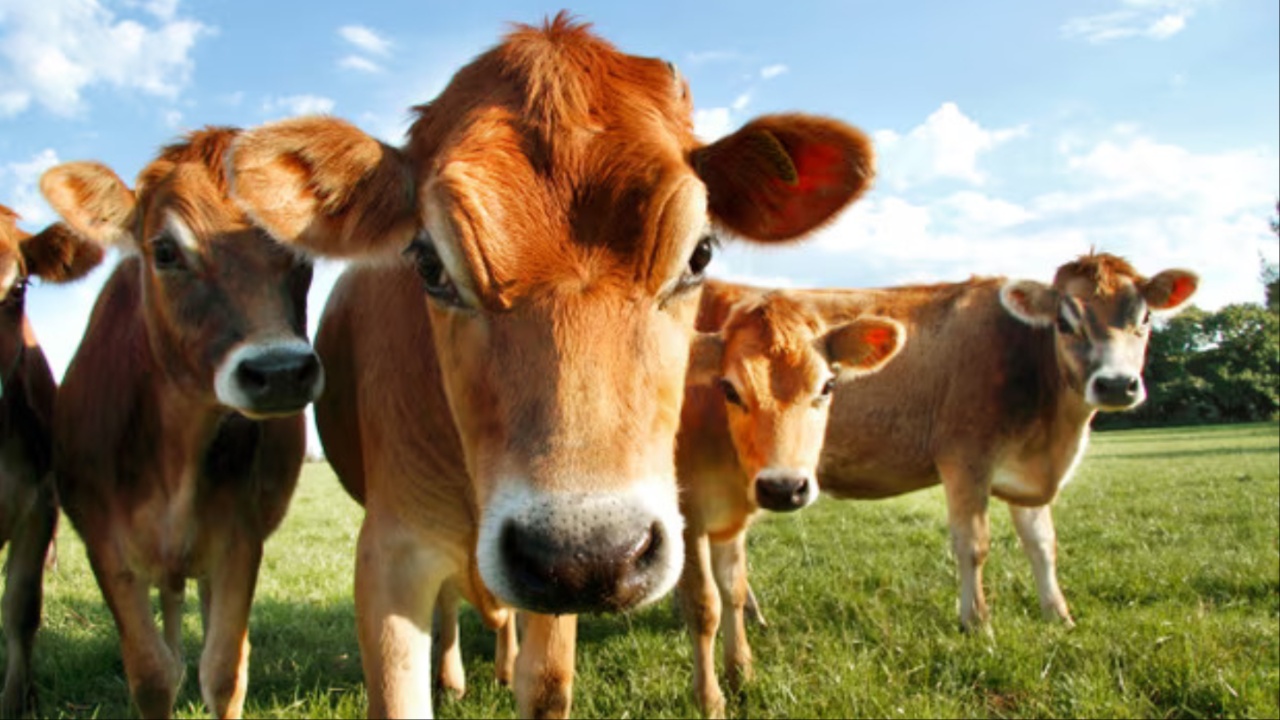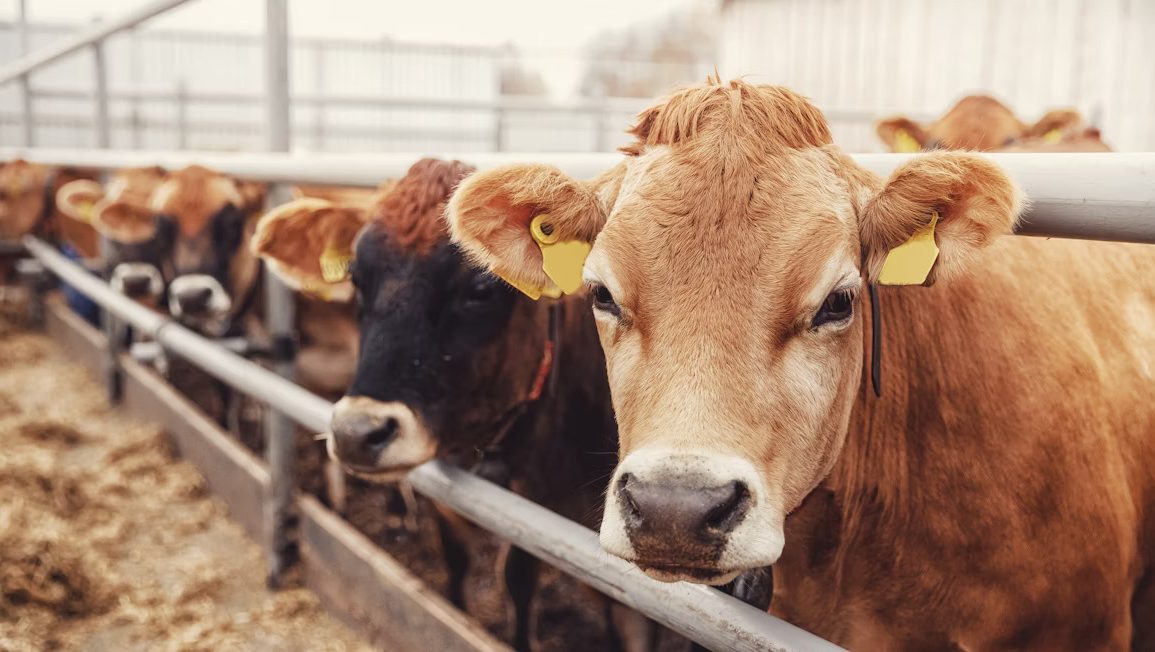Ministers in England and Wales are set to introduce legislation permitting gene-edited crop cultivation but will not allow similar technology for creating gene-edited animals with enhanced disease resistance or reduced environmental impact.
This decision disappoints scientists who hoped that gene editing would be fully embraced for both plants and animals to promote agricultural resilience and animal health. Animal welfare advocates, however, support the restriction on gene editing for animals, citing ethical concerns about animal productivity and waste reduction.
Gene editing involves precise DNA modifications to create new plant or animal breeds and is considered a more controlled process than traditional genetic modification, which involves gene transfers between species. The Genetic Technology (Precision Breeding) Act, passed by a previous government, paved the way for gene editing; however, secondary legislation is still required to activate its implementation.
Although the current government plans to proceed with gene editing for plants, it has delayed a similar rollout for animals, sparking criticism from some in the scientific community.

Researchers express concerns over the delayed implementation for animals, especially given the urgent need to combat diseases affecting livestock globally, such as bird flu and African swine fever. Figures like Prof. John Hammond of the Pirbright Institute argue that gene editing could provide essential tools to improve animal welfare and resist disease in the face of climate change and other challenges.
Prof. Helen Sang from the Roslin Institute highlights that various animal diseases are worsening in Europe and the US, reinforcing the need for innovative solutions, including gene editing.
In contrast, animal welfare groups, such as the RSPCA, argue against gene editing for animal productivity, suggesting that ethical issues arise from pushing animals’ productivity while significant food waste persists.
Penny Hawkins from the RSPCA acknowledges the potential benefits of gene editing for disease resistance but argues that good husbandry practices could mitigate many issues without altering animal genomes. Concerns are raised about the stability and oversight of gene-edited animals, questioning the safety and ethical implications of their use.
The UK’s leading role in animal gene editing research could be jeopardized by this restriction, as scientists worry about potential setbacks to their work and the country’s ability to retain scientific talent. Prof. Johnathan Napier from Rothamsted Research notes that the government’s preference for plant-based gene editing might reflect the abundance of crop-related research over animal studies.
Still, he questions why a beneficial technology for disease-prone livestock is not being pursued. Scientists fear that UK researchers may fall behind internationally, ultimately needing to import the very advances they could have developed domestically.

